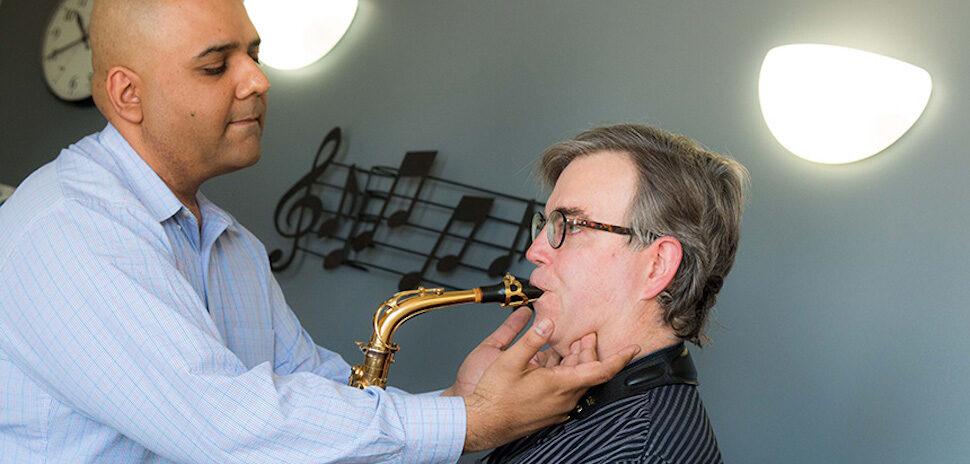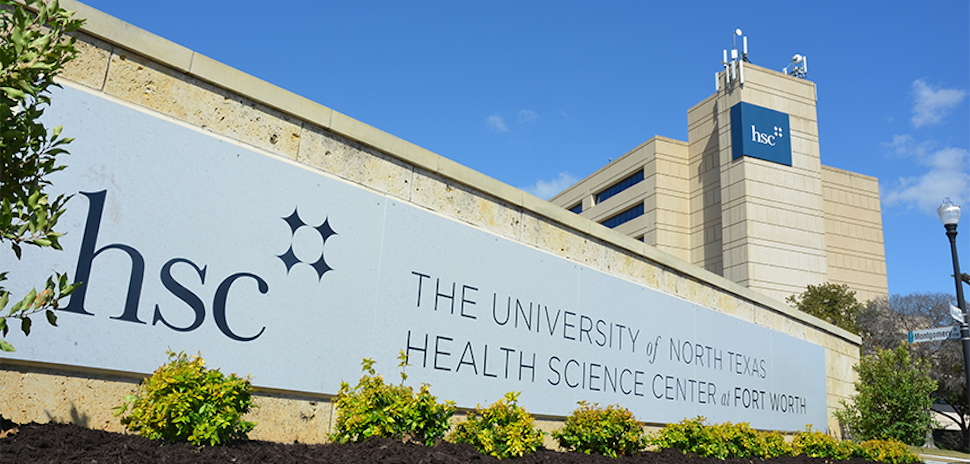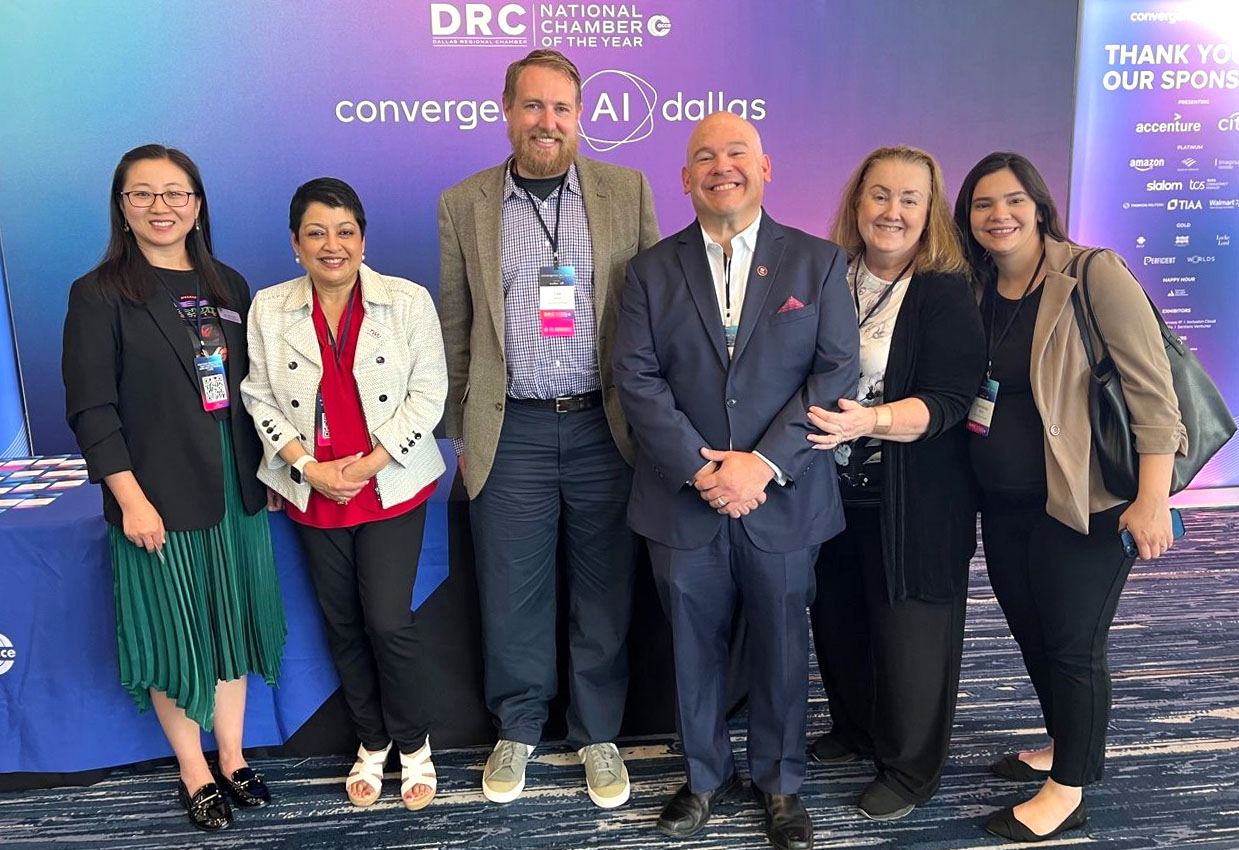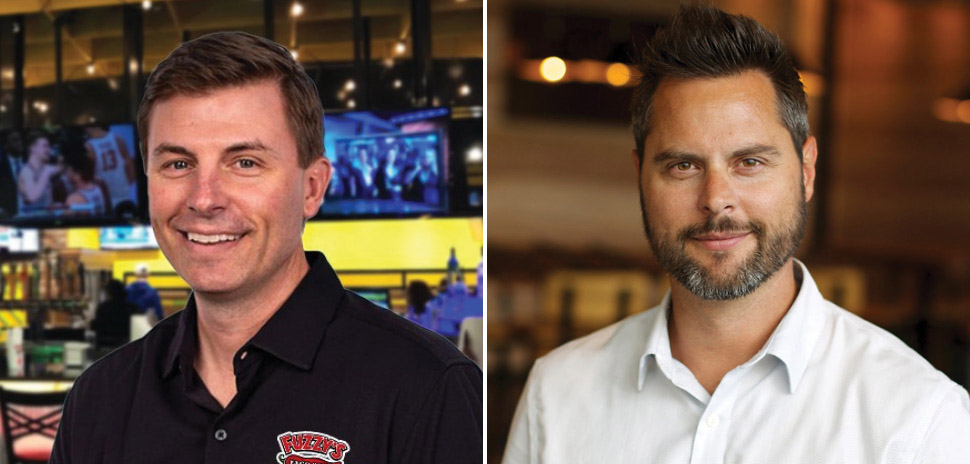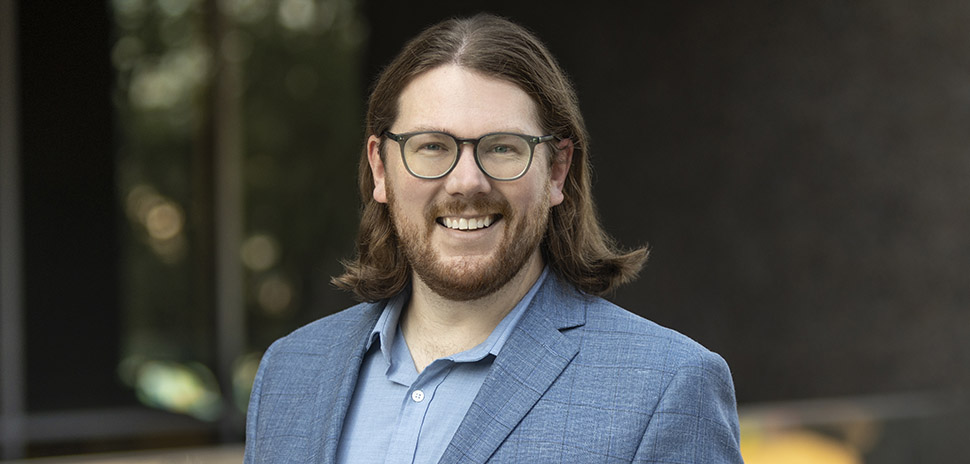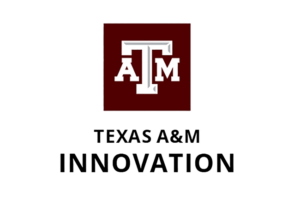With the nation facing the deadliest epidemic in its history, The University of North Texas Health Science Center at Fort Worth is taking a lead role in promoting opioid and fentanyl awareness and prevention by launching its own “One Pill Kills” campaign.
Fentanyl, a synthetic opioid that’s considered far more addictive than heroin, is now the leading cause of death for Americans ages 18 to 49. Experts say that Fentanyl can be fatal even if just a tiny amount—so small it could fit on a pencil eraser—is ingested.
To help battle the epidemic, Texas Gov. Greg Abbot announced in April the state’s $10 million One Pill Kills campaign that included distributing Narcan to every county in the state.
“HSC’s One Pill Kills campaign speaks to the core of HSC’s role in the community,” HSC President Dr. Sylvia Trent-Adams said in a statement. “The fentanyl epidemic is an issue that spans the entire spectrum of Whole Health. We must reimagine the way we think about opioid and fentanyl awareness and prevention to incorporate all aspects of a potential user’s health, including their mental, financial, environmental health and more. We have an opportunity to save lives, and HSC is ready to lead.”
‘A line in the sand’
HSC said the scope of its efforts includes creation of a website with resources for anyone who is struggling with addiction, knows someone who is, or wants to get involved with prevention.
Also, there’s a list of HSC leaders and faculty experts who have published research related to opioids, addiction or relevant topics; opioid-related stories written about campus stakeholders; and a toolkit with media assets for other organizations that want to replicate HSC’s campaign.
“This initiative represents a line in the sand for SaferCare Texas and for HSC,” Dr. Teresa Wagner, SaferCare Texas interim director, said in a statement. “Now is the time to act and equip our community with the skills and knowledge to save lives. I couldn’t be prouder of our campus for coming together on such a vital campaign.”
SaferCare Texas is the university’s patient-safety focused department.
Learning about opiods and addiction
HSC said the initiative will include several events related to opioids and addiction.
SaferCare Texas, the university’s patient-safety focused department, will host a free “Overcoming Opioids: Awareness and Prevention” event from 1 to 3 p.m. Oct. 12 in Room 109-111 of the HSC Medical Education & Training Building, 1000 Montgomery St., in Fort Worth.
HSC said the event will include training about how to use Narcan, life-saving drug that can reverse overdoses, and a keynote speech by School of Public Health professor and nationally recognized opioid expert Dr. Scott Walters.
The event also will include a personal account by We Are Our Brother’s Keeper founder Jessica Castro about losing her son to an overdose, a digital reflection board where attendees can anonymously share their experiences with opioids and addiction, and more, HSC said.
The event is free and open to the public but does require registration. Register for the event here.
HSC said its School of Biomedical Sciences also will host two addiction expert speakers in October as a part of its Pharmacology & Neuroscience Research Seminar Series.
At 11 a.m. Oct 17, Baylor College of Medicine’s Dr. Thomas Kosten will virtually present “Anti-Addiction Vaccines Against Fentanyl and Cocaine.” At 11 a.m. Oct. 24 in Room 524 of HSC’s Everett Education and Administration Building, The Medical University of South Carolina’s Dr. Antonieta Lavin will present “Chronic Methamphetamine Administration Produces Cognitive Deficits Through Augmentation of GABAergic Synaptic Transmission in the Prefrontal Cortex.”
HSC said both events are free and open to the public, and neither require registration.
More deaths than Vietnam, Iraq, and Afghanistan wars combined
The Health Science Center said its campaign is launching at a time of great urgency.
Since 2020, HSC said, the death toll from fentanyl and other less common synthetic opioids has exceeded 200,000, according to the Centers for Disease Control and Prevention.
That’s more than 10 times as many drug deaths as in 1988, the height of the American crack epidemic. The HSC said that more people nationwide have died of synthetic-opioid overdoses than the number of U.S. military personnel killed during the Vietnam, Iraq, and Afghanistan wars combined.
The University of North Texas Health Science Center at Fort Worth trains the health providers and scientists of the future in an interprofessional ecosystem. In its six schools, students learn to work in teams and to develop an innovative mindset that prepares them for a rapidly changing health landscape.
HSC Health, the clinical enterprise of the Health Science Center, provides patient-centered care to people across Tarrant County.
![]()
Get on the list.
Dallas Innovates, every day.
Sign up to keep your eye on what’s new and next in Dallas-Fort Worth, every day.











